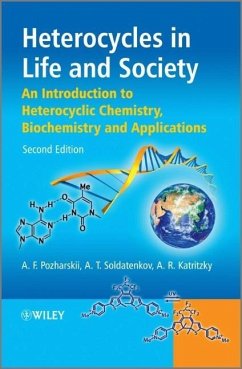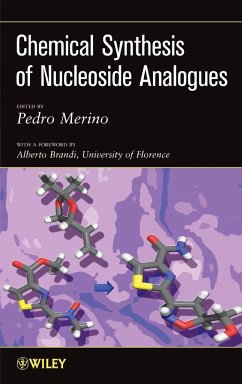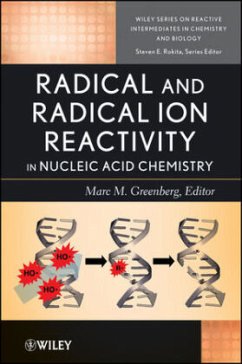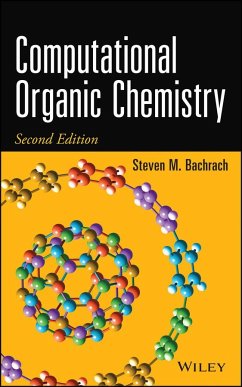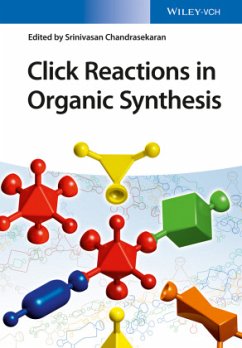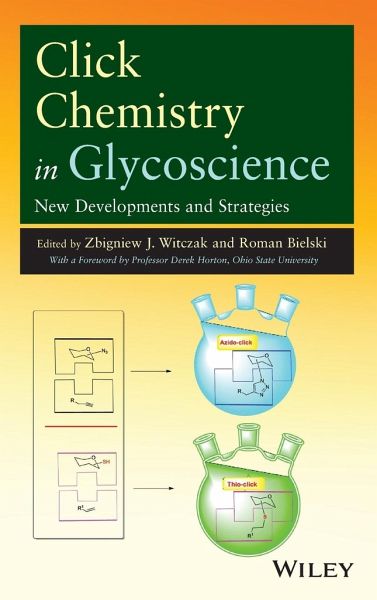
Click Chemistry in Glycoscience
New Developments and Strategies
Versandkostenfrei!
Versandfertig in über 4 Wochen
138,99 €
inkl. MwSt.
Weitere Ausgaben:

PAYBACK Punkte
69 °P sammeln!
The first text to focus on the application of click chemistry to glycoscience, this book discusses the therapeutic and pharmacological aspects of carbohydrate click chemistry and includes chapters on the concept s background, as well as its industrial applications in areas such as drug discovery. The book reflects the novel methodologies and strategies of this concept. Each chapter describes new approaches, ideas, consequences, and applications deriving from the introduction of click processes. This provides an essential reference for a wide range of researchers and graduate-level students.




